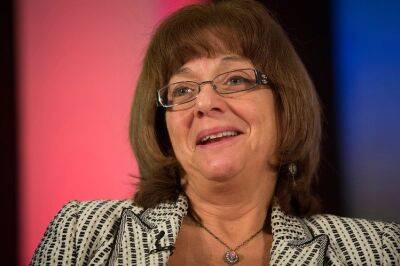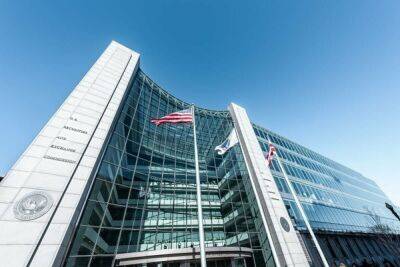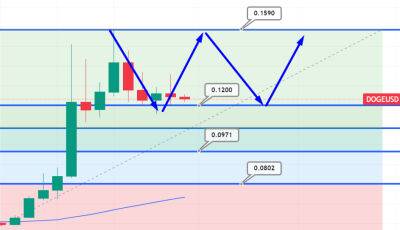How much?! The absurdity of inflation in Argentina – photo essay
Irina Werning had to buy new batteries for her camera flash the other day. The Buenos Aires-based photographer first tried her local supermarket, but the price was too high. She went to an office supplies store, a corner shop, a kiosk, a tool shop, another supermarket. This small errand had become an expedition in circumventing spiralling prices in a country whose inflation rates are projected to reach triple figures by next year – among the highest in the world.
“You grow used to it. Since I was born, there’s been inflation, even since before my father was born. It’s such a part of our daily life that it’s inside of us,” Werning says. “I am 46, and for 36 years of my life I’ve had double-digit inflation; on average, that’s 80% inflation every year.”
A simple shopping trip that turns into an hour-long mission to find the best deals is just one of the ways Werning has learned to navigate life in Argentina. The country is experiencing the highest annual inflation in 30 years, accelerated by the Covid‑19 pandemic, shrinking global food supplies, rising energy costs and the economic fallout from Russia’s war on Ukraine. These shockwaves are being felt around the world. In July, inflation in the UK hit double figures for the first time in 40 years, at 10.1%, putting further pressure on families trying to cope with rising costs. On 22 September, the Bank of England warned that Britain’s economy was now in recession, and raised interest rates to 2.25% to tackle the high inflation, but following the government’s mini-budget, financial markets now expect rates to reach up to 6% .
Werning photographed her husband papering walls with 10-peso bills – which is cheaper than buying wallpaper. Her husband’s trousers are worn deliberately
Read more on theguardian.com
























